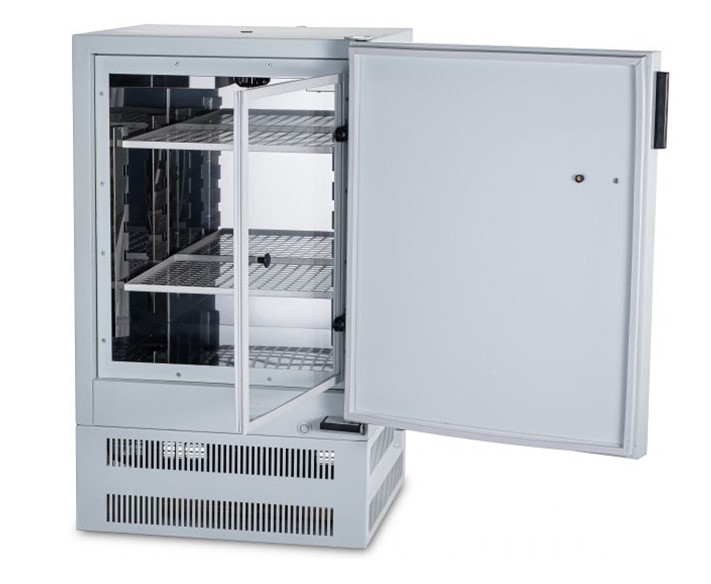Russian default risk jumped by almost 20%

The so-called five-year CDS spread for Russia, which reflects the perception of country risk by international financial markets, increased on Thursday, January 13, by 26 basis points (as of 16:25 Moscow time), or 19%. The CDS quote was 161.9 bp. compared to the level of 135.9 b.p. a day earlier, follows from the data of the Bloomberg terminal.
This is the largest one-day jump in Russia's country risk premium since March 2020, to the highest level also since March 2020 (then the Russian default risk assessment rose sharply amid the start of the COVID pandemic and fears about the depth of the recession in Russia). As a rule, Russia's country risk also increases with the emergence of new Western sanctions initiatives.
A credit default swap (CDS) is an instrument that allows its buyer to insure against default on third party obligations in exchange for regular payments. The higher these payments, the more risky the underlying liabilities are considered.
Current levels of CDS on Russian sovereign debt mean that it costs investors about $162,000 a year to insure against default on Russian government bonds over a five-year period. However, this is still relatively low compared to other countries, thanks to Russia's strong macroeconomic and fiscal reserves (for example, Turkey has a five-year CDS spread of 548 bp, South Africa has about 200). In 2020, the average level of Russian CDS was 109 bp, according to the Bank of Russia.
Insurance against a Russian default has risen in price after the statements of the Russian authorities about the ineffectiveness of negotiations with NATO on security guarantees. Deputy Foreign Minister Sergei Ryabkov said in an interview with RTVI that Moscow ran into NATO's "impenetrable" position on the issue of non-expansion of the alliance. Kremlin spokesman Dmitry Peskov said today that negotiations with the United States are not going well. Russia does not intend to discuss with the United States or NATO the issues of the movement of Russian troops on its territory, said Foreign Minister Sergei Lavrov. The cost of a five-year insurance against default on state obligations of Ukraine against the backdrop of these statements jumped by 82 bp to 763 bp, follows from Bloomberg data.




























































